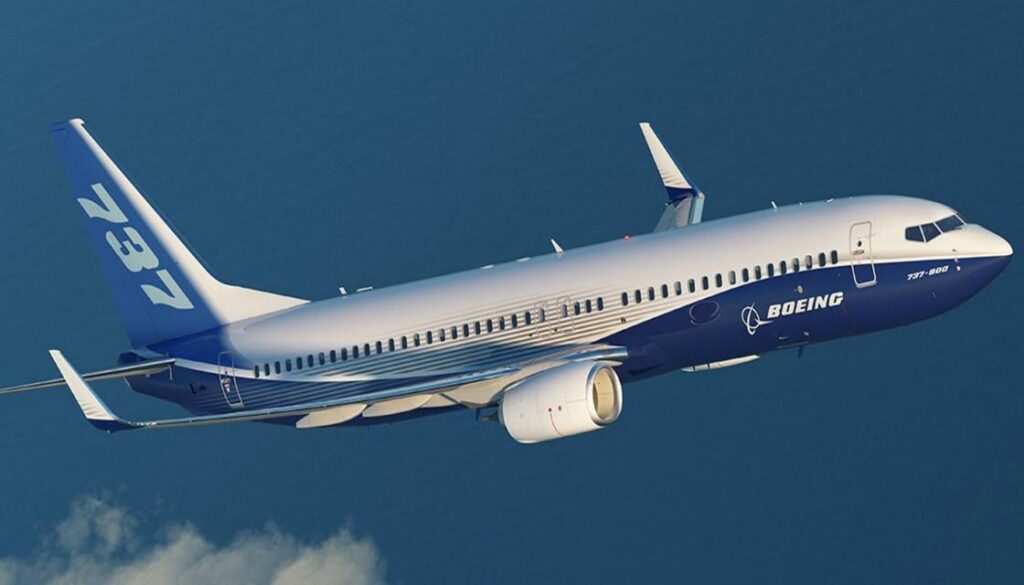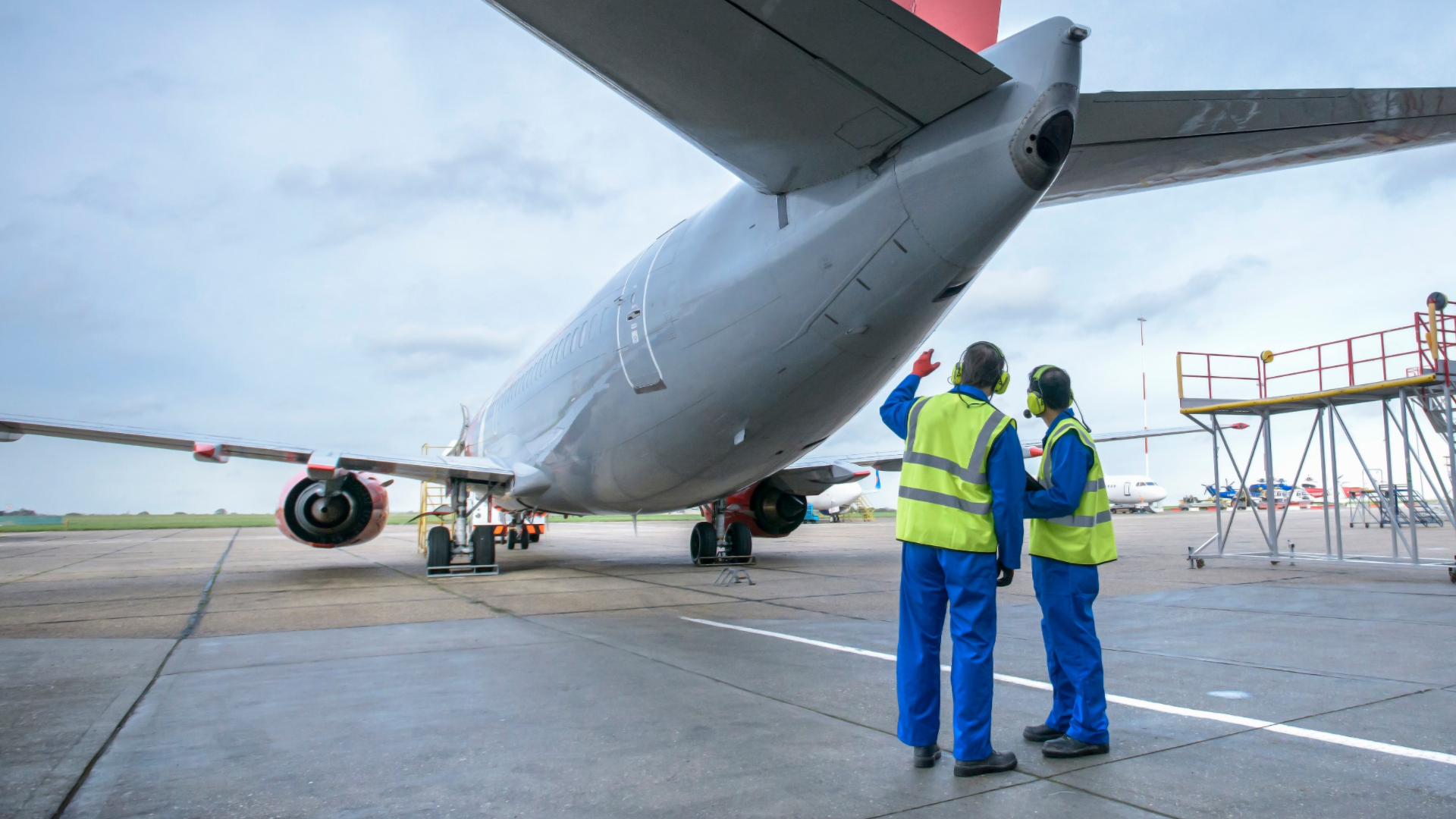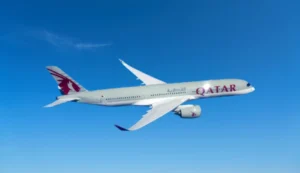FAA to Maintain Heightened Oversight of Boeing and Spirit AeroSystems
The Federal Aviation Administration (FAA) will continue its increased on-site inspections of Boeing and Spirit AeroSystems indefinitely. This decision follows the January 5 incident involving a Boeing 737 MAX 9, prompting permanent changes to the FAA’s oversight approach. The FAA aims to ensure Boeing addresses systemic quality control issues and shifts its safety culture.

Photo Source: Newshub
In a significant move, the Federal Aviation Administration (FAA) has announced it will maintain its increased on-site presence at Boeing and its supplier Spirit AeroSystems for the foreseeable future. This decision, set to be detailed by FAA Administrator Mike Whitaker before the U.S. Senate Commerce Committee, underscores the agency’s commitment to enhanced oversight following a series of safety concerns.
The catalyst for this change was the January 5 incident involving an Alaska Airlines Boeing 737 MAX 9, which experienced an in-flight emergency. In response, the FAA decided to boost inspections at critical points in the production process. Whitaker’s testimony highlights that these additional inspections and the new “audit plus inspection” approach are now permanent fixtures of the FAA’s oversight strategy.
Boeing, under scrutiny for systemic quality-control issues, was tasked in late February with developing a comprehensive quality improvement plan. This plan, delivered to the FAA on May 30, outlines measures to address these concerns and ensure long-term compliance with safety standards.
Whitaker emphasized the need for a cultural shift within Boeing to address its quality assurance and production issues comprehensively. This includes enhancing employee training, fostering a culture where employees can report issues without fear of reprisal, and improving supplier oversight.
Furthermore, the FAA will deploy aviation safety inspectors to monitor Boeing’s sub-teams tasked with implementing the key focus areas of the improvement plan. This hands-on approach aims to ensure that Boeing not only implements the necessary changes but also has the tools to sustain these improvements over time.

In light of the January 5 incident, the FAA had also barred Boeing from increasing production of its 737 MAX planes. Whitaker indicated that approval to boost production is not expected in the immediate future, reinforcing the FAA’s stringent stance on safety and quality control.
In addition to these measures, Boeing has agreed to integrate state-of-the-art technology into its tool and parts management systems, further demonstrating its commitment to meeting the FAA’s stringent requirements.
The ongoing heightened oversight by the FAA marks a new era in regulatory scrutiny for Boeing and its suppliers, aimed at ensuring the highest standards of safety and quality in the aviation industry.






